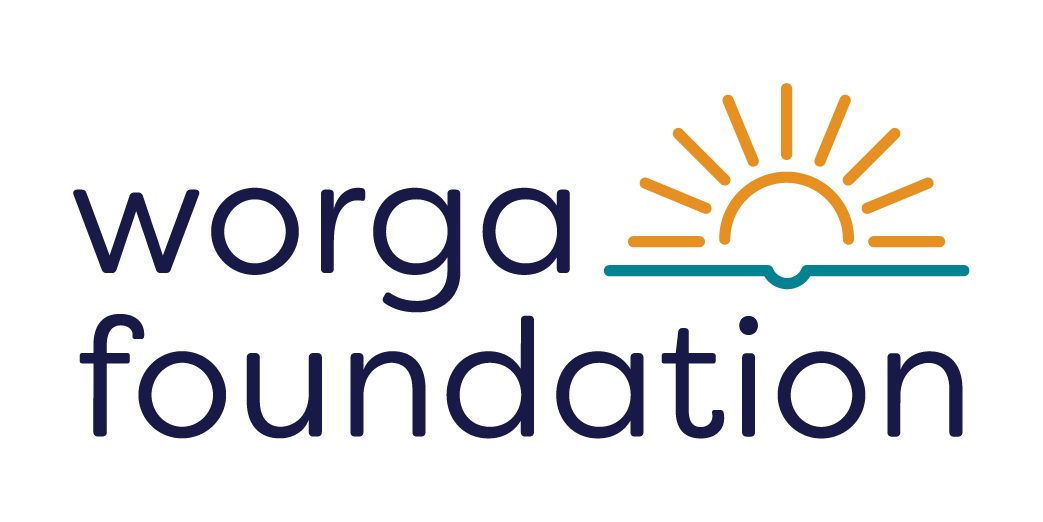Doing Good, Love the Place
Sila arrived in Juba, South Sudan on October 22nd. He has been away for almost two weeks now.
Sila tells me that he’s “doing good and love[s] the place.” If it makes sense to you, let his words really sink in, “doing good and love the place.” I have very little sense of what it might feel like to be “on-the-ground” in South Sudan and my understanding of the country is framed by Western media narratives (except for where they have been interrupted by friends and colleagues like Sila). Sila’s message reminds me that Juba is a place where you can be “doing good” and “love the place.” Its a place where good and love exist; a place with meaning, worth appreciating.
When Sila left I assured him that I’d take a call whenever there was a need for us to speak; day or night. I didn’t really expect him to call me in the middle of the night because generally he seems to protect me from being awake at all hours, but I hope that he’ll never hesitate to pick up the phone if there’s something important to discuss.
In lieu of late-night phone calls, we text via Whatsapp and Facebook Messenger. I receive updates about his progress and see photos with the people that he is meeting. In his first dispatch, sent on Sunday, October 29th, Sila shared a day by day breakdown of his activities.
Here are some of the things that he has been working on:
Meetings and phone calls with Mabaan community, politicians, and government officials
Dinners and meals with Mabaan in the capital
Preparing and gathering documents
Meeting with the youth league
Attending church
Coordinating travel plans
Sila’s list of meetings includes many influential South Sudanese leaders, people that most Mabaan cannot regularly access. These meetings are, among other things, about strengthening communication between Mabaan and the leaders who make decision that effect their lives. It’s a tricky line to walk at times; engaging with Mabaan enough to understand what needs to be said to those in leadership, while not spending so much time with the leadership that you lose your connection with the grassroots. As you gain access to the circle of leadership, it becomes your responsibility to notice how your view of things differs from those who don’t have the access to decision-makers that you have. You have to locate yourself over and over because you end up both inside and outside of groups that others may seem to fit neatly within.
As I read his updates I’m aware of just how valuable it is for Sila to be, as we say, “on the ground” in Juba. For months, even years, he has been collecting information and listening; patiently waiting for the right people to be in the right places at the right times for a return to South Sudan to make sense. To my knowledge, he left with a rough idea of when he would have his meetings, but without guarantees that they would happen. That might seem like a leap of faith, and it is, but it also speaks to Sila’s approach. He knows what he wants to accomplish and recognizes that he can’t force things to happen on his timeline. He places trust in presence and an open schedule, and ends up with days that are full and meaningful.
When you let your life unfold in the present presence of presence I guess you can’t help but realize that you’re, “doing good and love the place.”
This article is written by Adam Fearnall, a member of the Worga Foundation Executive, executive coach, writer, and personal advisor to Sila Joshua.



